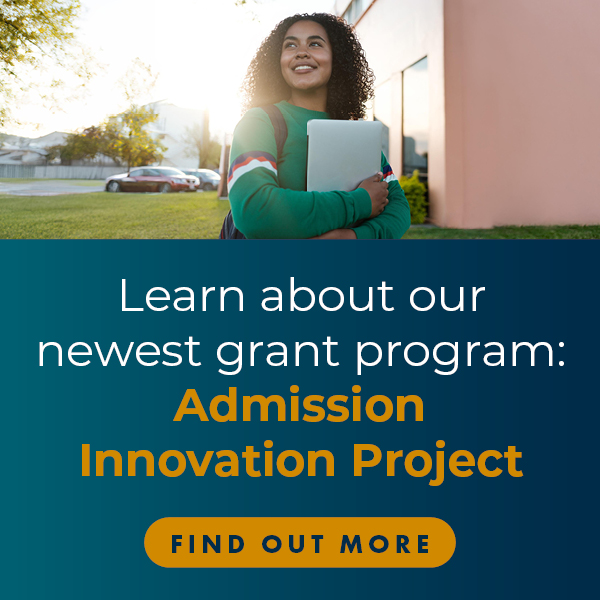Since launching our grantmaking activities in 2014, we have awarded over $26.4 million in support of our research priorities: access, affordability, and the value of legal education.
Awarded Grants
Grant Program
Grant Status
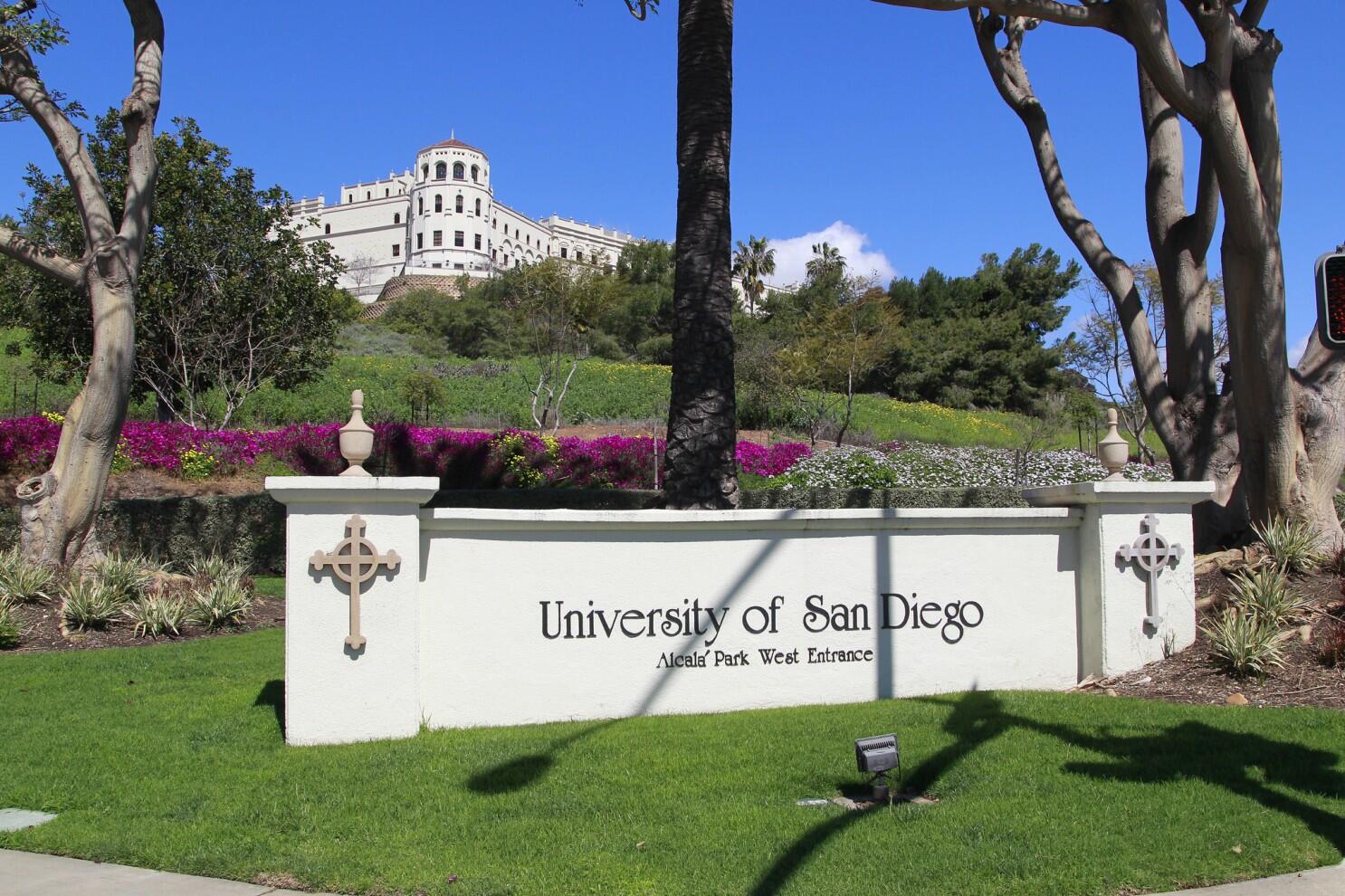
University of San Diego
The primary goal of this project is to increase access to the practice of law in California by bridging the gap between admission to law school and passing the bar exam. Phase I of the project will identify potential interventions through a combination of statistical analysis and by gaining input from stakeholders. Phase II will involve the implementation of at least two interventions identified in Phase I.
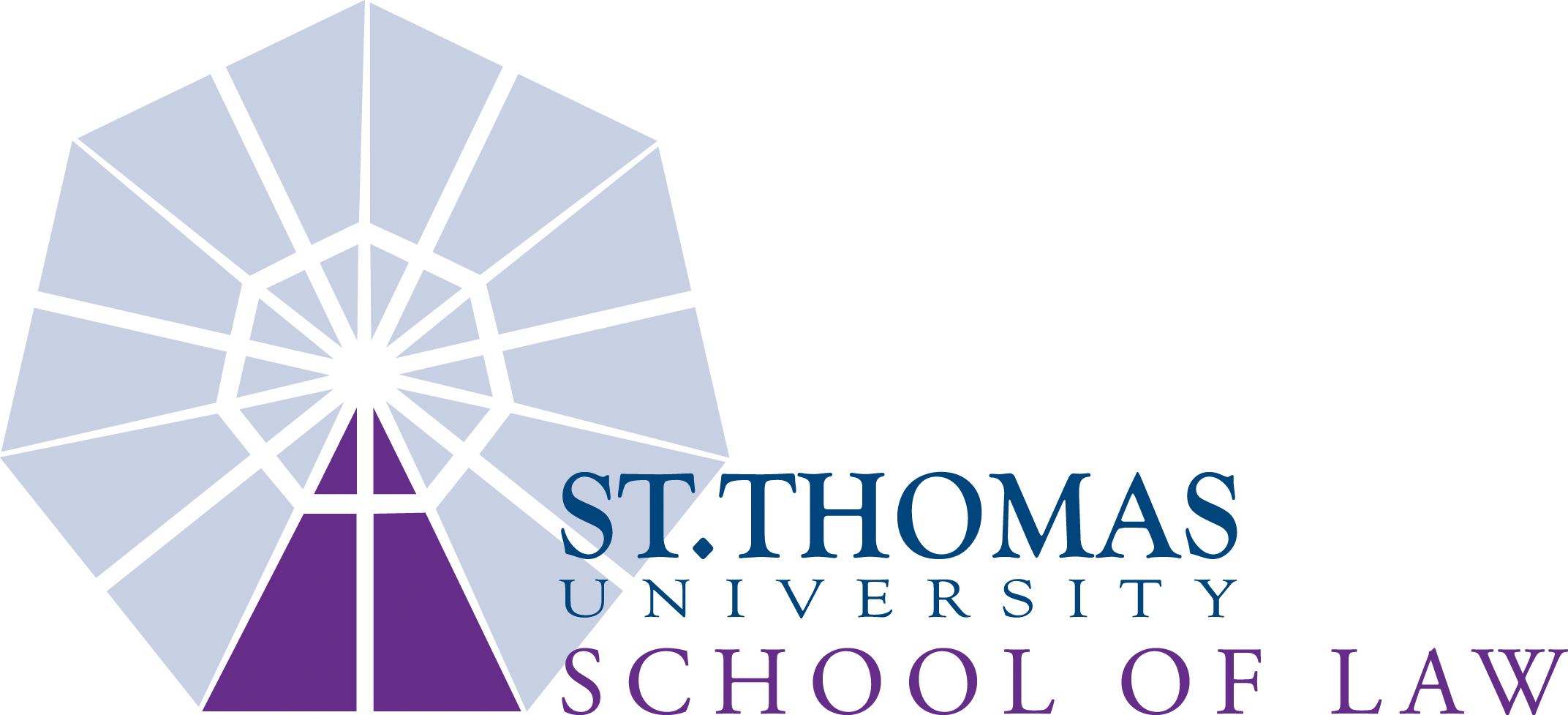
University of St. Thomas School of Law
Over the last few years, a growing number of law schools have implemented a required first-year course/program focused on professional development or professional identity formation. To date, there has been no assessment of which of the courses/programs are most successful in advancing students with respect to learning outcomes associated with professional development. This project would be designed to assess these courses/ programs and to identify the most successful pedagogies.
View grant outcomes.
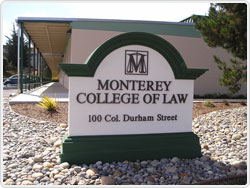
Monterey College of Law
This study will be the first of its kind to compile and analyze empirical data from regulatory agencies (state and national bar associations), industry trade groups (malpractice insurers), and other published academic and professional research. The primary objective is to inform national and state policy decisions through an empirical analysis of the relationship between a minimum bar exam passing score (“cut score”) and minimum competency, public protection, and disparate impact. This is a companion study to the AccessLex Institute supported California Attorney Practice Analysis (CAPA).
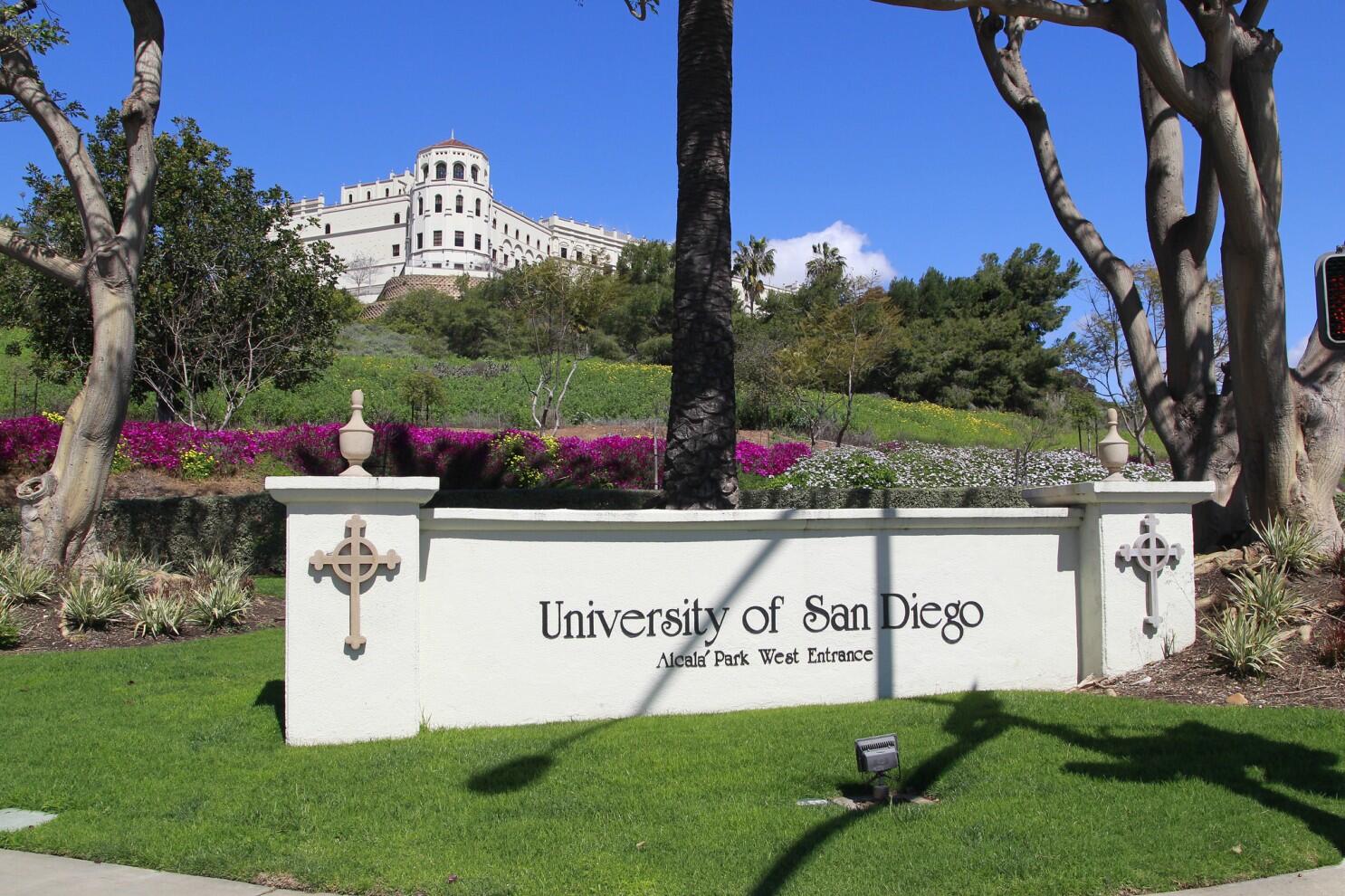
University of San Diego
The University of San Diego School of Law’s (USD) Center for Public Interest Law (CPIL), in partnership with the School of Business Department of Economics, plans to research inequality with respect to access to legal services. USD will investigate whether the lack of diversity in the attorney workforce directly impacts access to legal services by low-income, disadvantaged consumers, and whether the existing cut score of California’s Bar Exam is contributing to the justice gap in California.
View grant outcomes.
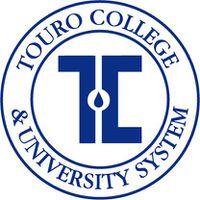
Touro College
The study seeks to explore whether remediation of reading disfluency at the law school level will have a positive impact on reading comprehension ability – particularly in “at risk” students. For purposes of this study, the definition of “at risk” students are students with weak LSAT scores. This project builds on their 2017 empirical study examining a possible link between oral reading disfluency and reading comprehension ability in first-year law students.

Elon University School of Law
The project will assess interventions aimed at improving student success and first-time bar passage through a two-phase project funded by AccessLex. The data collected and reported to AccessLex through this grant project will help determine the impact and success of interventions in overcoming barriers to student success and first-time bar exam passage.

Dillard University
The LEAD Program has identified key components to student success based upon the experiences of the 2018 and 2019 LEAD cohorts. By 2022, LEAD will have data on almost 100 predominately African American students to analyze and share with the pipeline community and the legal academy. By engaging in robust data collection, analysis, and assessment, LEAD can help to develop scalable, data driven best practices for pipeline programs around the United States.

American Bar Foundation
This grant builds on the existing Emerging Scholars Fellowship Program in Legal and Higher Education program originally funded by AccessLex Institute in 2016. The expanded initiative will be comprised of three parts: A Doctoral Fellowship Program (supporting two, two-year fellows), an innovative Postdoctoral Fellowship Program (supporting two, two-year fellows), and annual Alumni Workshops.
View grant outcomes.

University of Pennsylvania
This grant will comprehensively evaluate whether the adoption of rgw Uniform Bar Exam (UBE) has positively influenced enrollment and Bar passage rates of underrepresented and minority students in law schools located in participating states. It will also measure the extent to which (a) tuition and fees costs and costs of living, (b) interstate employment mobility, and (c) overall employment prospects of graduates from participating schools and states varied given the adoption of UBE.



